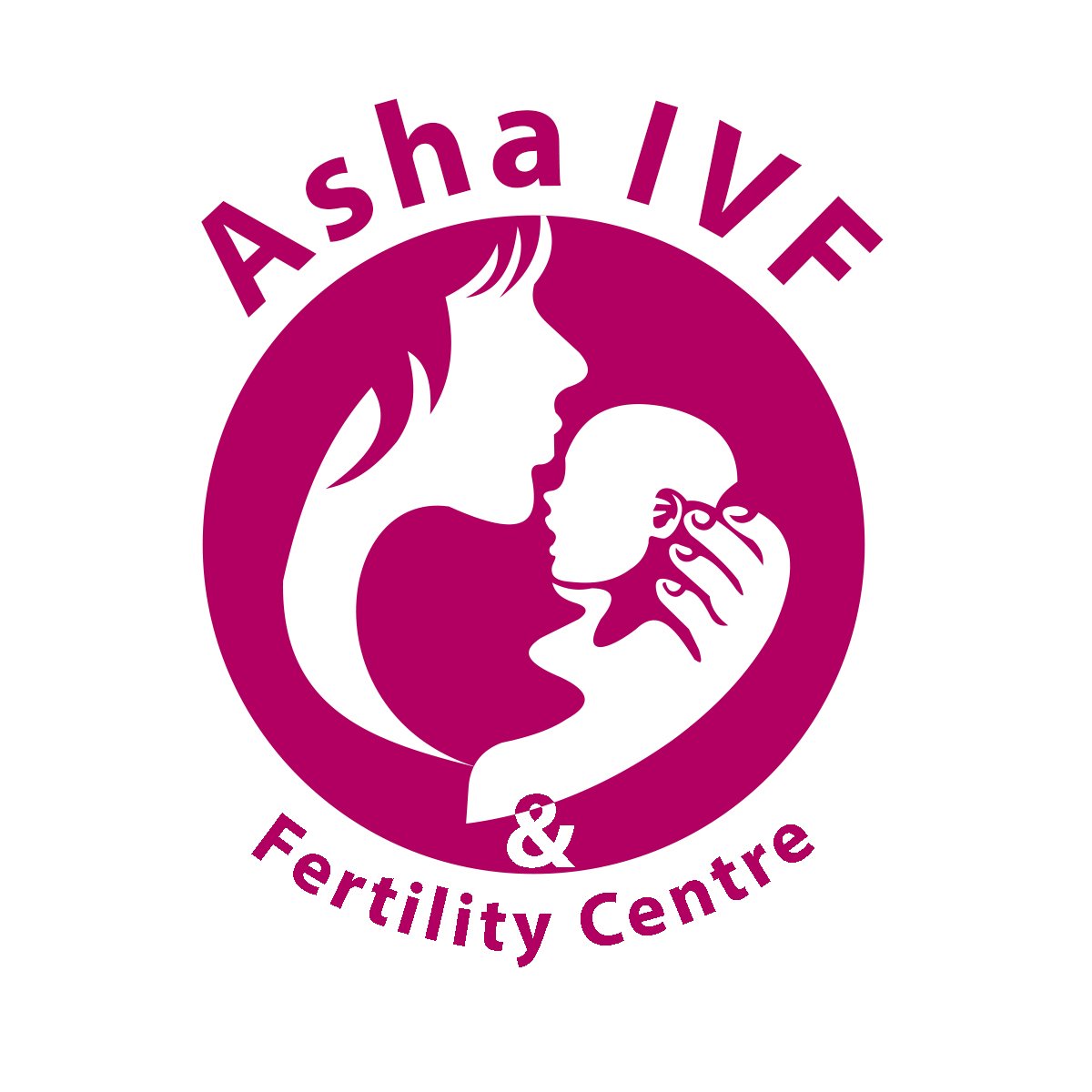Polycystic Ovary Syndrome (PCOS) is a common endocrine disorder affecting women of reproductive age. One of the major challenges faced by women with PCOS is difficulty in conceiving. However, with the right medical treatments at Asha IVF & Fertility Centre and lifestyle changes, many women with PCOS can achieve successful pregnancies. Here, we will explore various strategies and tips for women with PCOS who are trying to conceive.
Understanding PCOS and Fertility
Hormonal imbalances, irregular menstrual cycles, and the presence of multiple cysts on the ovaries characterize PCOS. These factors can interfere with ovulation, making it difficult for women with PCOS to conceive. Understanding the link between PCOS and fertility is crucial for effective management and treatment.
Hormonal Imbalances
Women with PCOS often have higher levels of androgens (male hormones) and insulin resistance, which can disrupt ovulation. This hormonal imbalance can lead to irregular or absent menstrual cycles, making it challenging to predict ovulation and time intercourse for conception.
Insulin Resistance
Insulin resistance is common in women with PCOS and can contribute to weight gain and difficulty in losing weight. High insulin levels can also lead to increased androgen production, further disrupting ovulation.
Medical Treatments for PCOS-Related Infertility
Several medical treatments are available to help women with PCOS conceive. These treatments aim to regulate menstrual cycles, induce ovulation, and address insulin resistance.
1. Medications to Induce Ovulation
- Clomiphene Citrate (Clomid): This oral medication is often the first-line treatment for inducing ovulation in women with PCOS. It works by stimulating the release of hormones necessary for ovulation.
- Letrozole (Femara): Originally used for treating breast cancer, letrozole has been found to be effective in inducing ovulation in women with PCOS. It works by decreasing estrogen levels, which stimulates the production of follicle-stimulating hormone (FSH).
2. Insulin-Sensitizing Agents
- Metformin: This medication is commonly used to improve insulin sensitivity and lower insulin levels in women with PCOS. Metformin can help restore regular menstrual cycles and improve ovulation by addressing insulin resistance.
3. Gonadotropins
- Injectable Hormones: In cases where oral medications are ineffective, injectable hormones such as FSH and luteinizing hormone (LH) may be used to stimulate the ovaries directly.
4. Assisted Reproductive Technologies (ART)
- In Vitro Fertilization (IVF): For women who do not respond to other treatments, IVF can be a viable option. During IVF, eggs are retrieved from the ovaries, fertilized with sperm in a lab, and the resulting embryos are transferred to the uterus.
Lifestyle Changes to Improve Fertility in Women with PCOS
In addition to medical treatments, lifestyle changes can significantly improve fertility outcomes for women with PCOS. Here are some key lifestyle modifications that can help.
1. Weight Management
- Healthy Diet: Adopting a balanced diet rich in fruits, vegetables, lean proteins, and whole grains can help manage weight and improve insulin sensitivity. Avoiding processed foods, sugary snacks, and refined carbohydrates is essential.
- Regular Exercise: Engaging in regular physical activity can help maintain a healthy weight, improve insulin sensitivity, and regulate menstrual cycles. Aim for at least 150 minutes of moderate exercise per week.
2. Stress Reduction
- Stress Management Techniques: Chronic stress can negatively impact hormonal balance and ovulation. Practices such as yoga, meditation, deep breathing exercises, and mindfulness can help reduce stress levels.
3. Monitoring Ovulation
- Ovulation Prediction Kits: Using ovulation prediction kits can help track ovulation and identify the most fertile days. These kits measure luteinizing hormone (LH) levels, which surge just before ovulation.
- Basal Body Temperature (BBT) Charting: Monitoring BBT can help detect ovulation by identifying a slight increase in body temperature that occurs after ovulation.
4. Nutritional Supplements
- Inositol: This supplement has been shown to improve insulin sensitivity and restore regular menstrual cycles in women with PCOS. Inositol supplements are available in two forms: myo-inositol and D-chiro-inositol.
- Vitamin D: Many women with PCOS have low vitamin D levels, which can impact fertility. Taking a vitamin D supplement can help address this deficiency.
Seeking Professional Help
Consulting with a fertility specialist or a gynecologist who has experience in treating PCOS is crucial for developing an effective treatment plan. Regular monitoring and individualized care can improve the chances of conception.
Asha IVF & Fertility Centre
For women in Faridabad seeking expert care for PCOS and fertility issues, the Asha IVF & Fertility Centre is renowned for its specialized treatments and compassionate care. The center offers a comprehensive range of services tailored to meet the unique needs of women with PCOS.
Dr. Astha Chakravarty, a leading gynecologist at Asha IVF & Fertility Centre, is highly regarded for her expertise in treating PCOS and helping women achieve successful pregnancies. With her extensive experience and a patient-centric approach, Dr. Astha Chakravarty provides personalized care and support throughout the fertility journey.
Conclusion
While PCOS can present challenges to conception, numerous medical treatments and lifestyle changes can improve fertility outcomes. By understanding the link between PCOS and fertility, seeking appropriate medical care, and making positive lifestyle modifications, women with PCOS can increase their chances of achieving a successful pregnancy. For those in Faridabad, the Asha IVF & Fertility Centre, led by Dr. Astha Chakravarty, offers exceptional care and expertise in managing PCOS and fertility issues.

